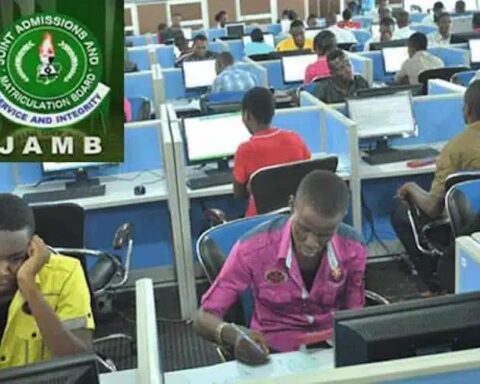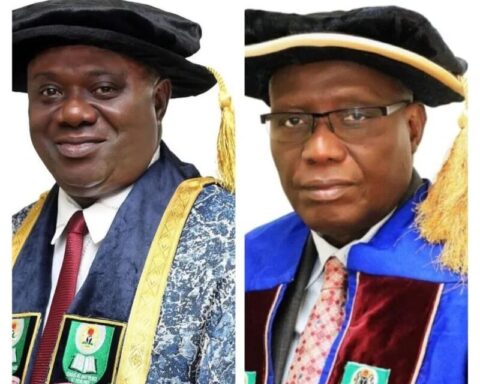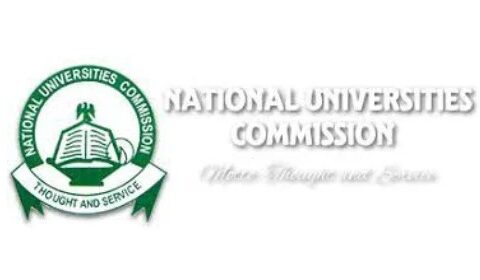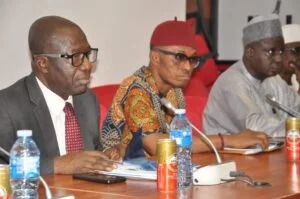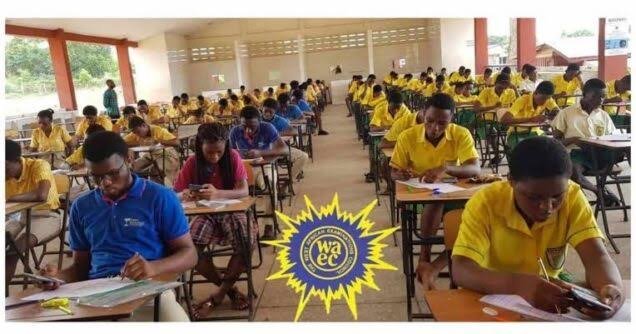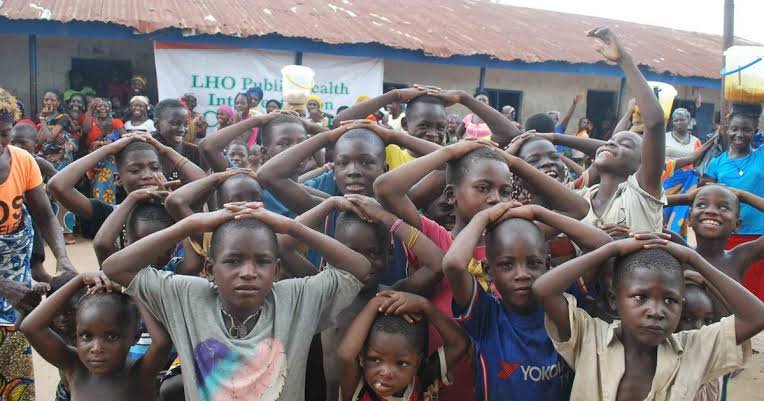A wave of outrage has erupted across Nigeria following reports of a massive failure rate in the recently released West African Senior School Certificate Examination (WASSCE) results, with concerned parents, education advocates, and civil society groups calling for the cancellation and review of the examination.
According to preliminary reports from schools and education monitoring groups, an overwhelming number of students across several states failed core subjects such as Mathematics, English Language, and the Sciences, raising questions about the credibility, fairness, and standard of the 2025 WAEC exams.
Parents, particularly those whose wards sat for the May/June WASSCE, have expressed deep frustration, accusing the West African Examinations Council (WAEC) of setting unrealistically difficult questions and failing to consider the academic setbacks students suffered due to the irregular school calendar and learning disruptions in many parts of the country.
>My daughter is brilliant. She had A’s in school exams, yet WAEC says she failed almost all her papers. This is not normal,” said Mrs. Rukayat Olatunji, a parent in Ibadan. “WAEC must explain what happened or cancel the papers and conduct a proper investigation.”
Several education advocacy groups, including the National Coalition for Academic Reform (NCAR) and the Parent-Teacher Watch Forum, have demanded that WAEC cancel the results and conduct an independent review.
>We believe something went wrong — either in the marking process or in the conduct of the examination itself,” said NCAR spokesperson, Malam Abdullahi Usman. “We are demanding a total cancellation of the affected papers and an open inquiry into the matter.”
The groups have also called on the Federal Ministry of Education to step in and probe WAEC’s operations, warning that continued failure to address such lapses could damage the future of thousands of students and erode public confidence in the examination system.
Education stakeholders are also demanding that WAEC publish a detailed breakdown of the performance statistics and grading process for transparency.
As of the time of this report, WAEC has yet to issue an official statement addressing the allegations or providing clarification on the widespread failure. The Council’s silence has only fueled speculation and concern among stakeholders, with many warning that prolonged inaction could lead to mass protests and legal action.
Meanwhile, education experts have called for calm and urged a data-driven approach to addressing the situation.
>We should not rush to cancel exams without understanding the full picture,” said Dr. Ifeoma Nwachukwu, an education analyst. “But there must be full transparency and swift communication from WAEC.”
The incident has reignited long-standing concerns over the quality of Nigeria’s secondary education, the effectiveness of teaching methods, and the readiness of students for standardised assessments. Some critics argue that poor preparation, inadequate funding, and lack of teaching materials may have contributed to the poor results.
As pressure mounts, many are waiting to see how WAEC and relevant authorities will respond in the coming days — a response that could shape public trust in one of West Africa’s most critical academic institutions.
Follow us on all social media platforms @dailyquery for news and analyses around the globe.

